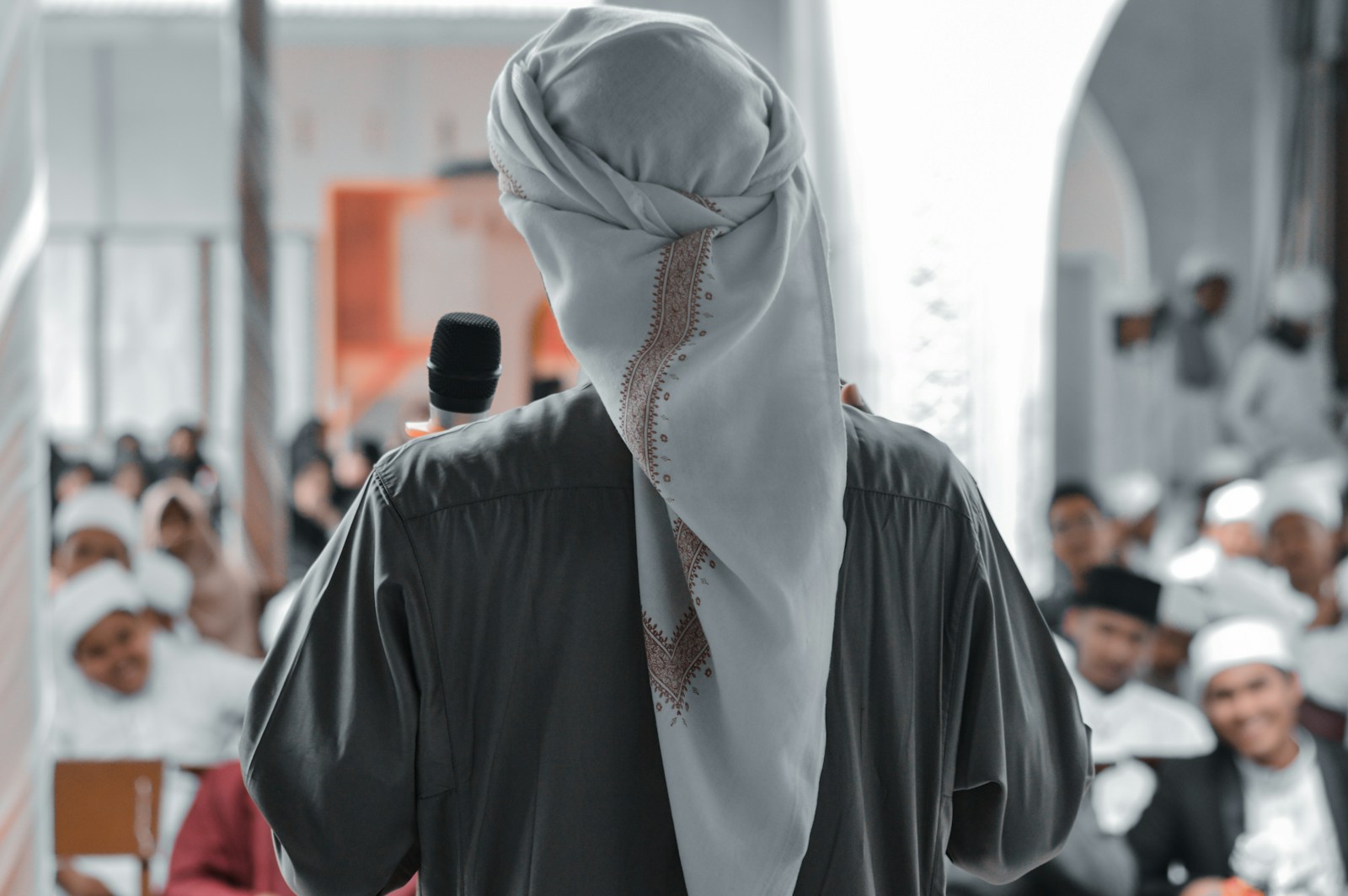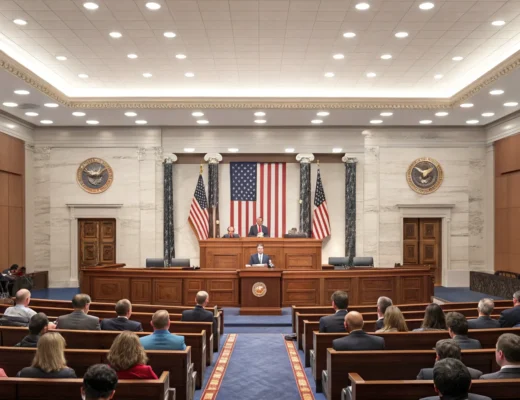Zara Mohammed, the leader of the Muslim Council, has shared insights about her experience at the helm of the organization, revealing a mix of positive and negative encounters during her tenure. Mohammed described feeling enthusiastic when she first took on the leadership role, but also faced dismissive attitudes from external critics who labeled her as “a puppet.”
The comments offer a rare glimpse into the personal challenges faced by Mohammed as she navigates her position as a prominent Muslim representative in Britain. Her remarks highlight the complex reception she has received since assuming the leadership role.
Leadership Reception
Mohammed’s recollection points to the contrasting responses she encountered upon taking office. While there was internal support and enthusiasm surrounding her appointment, she simultaneously faced skepticism and dismissal from some commentators outside the organization.
The characterization as a “puppet” suggests that some critics questioned her autonomy and authority in the role, implying she might be controlled by others within the organization or external influences. Such criticism often targets women in leadership positions, particularly those from minority communities.
Mohammed’s willingness to discuss these challenges publicly demonstrates her transparency about the difficulties of representing a diverse community in a high-profile position.
Broader Context
Mohammed’s experience reflects wider issues faced by Muslim leaders and representatives in Western countries, who often must navigate complex political landscapes while addressing both internal community needs and external perceptions.
Muslim community leaders frequently encounter additional scrutiny compared to their counterparts from other faith groups. This scrutiny can manifest as:
- Questioning of credentials and authority
- Assumptions about political or religious motivations
- Higher expectations for addressing extremism
- Greater media attention to statements and positions
For women in these positions, the challenges can be compounded by gender-based stereotypes and assumptions about their role in religious communities traditionally led by men.
Moving Forward
Despite the criticism, Mohammed appears to have maintained her focus on leadership responsibilities. Her willingness to acknowledge both the positive aspects of her tenure—the initial excitement—alongside the challenges suggests a balanced approach to her role.
“Being dismissed as ‘a puppet’ by some commentators didn’t deter me from my responsibilities,” Mohammed is understood to have indicated, though she did not elaborate on specific instances or sources of the criticism.
The Muslim Council continues to serve as an important representative body for Muslim communities, addressing issues ranging from religious freedom to community integration and countering Islamophobia. Mohammed’s leadership comes at a time when Muslim communities face increasing challenges related to rising hate crimes and ongoing debates about religious expression in public life.
As Mohammed continues in her position, her experience highlights the personal resilience required of community leaders who face both internal expectations and external criticism. Her openness about these challenges may help foster greater understanding of the pressures faced by representatives of minority faith communities in public roles.







